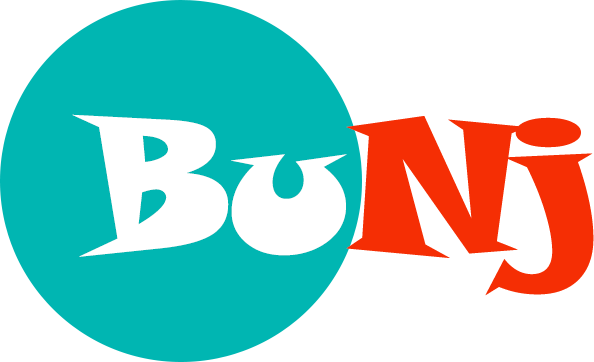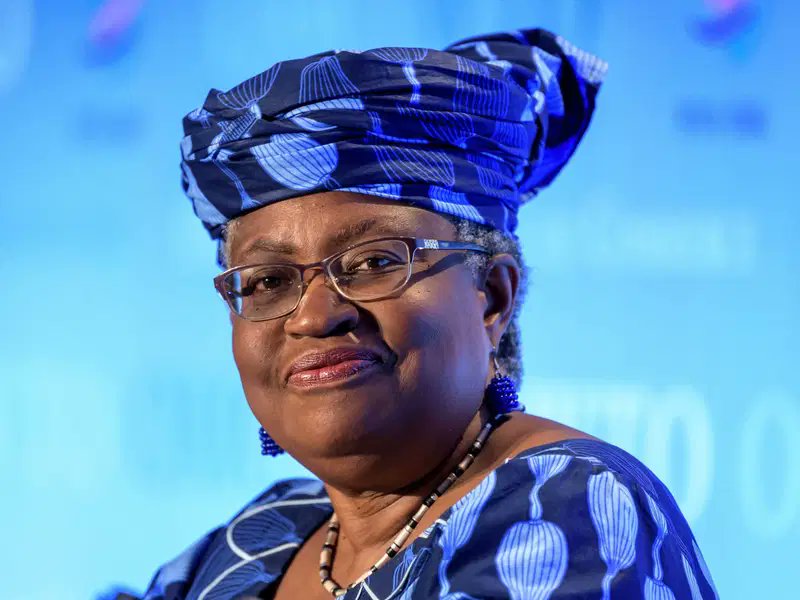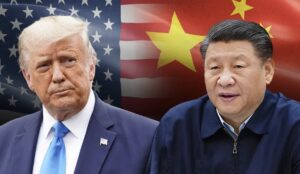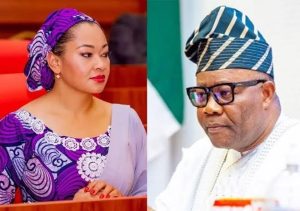Ngozi Okonjo-Iweala, the current Director-General of the World Trade Organization (WTO), has emerged as the sole candidate for reappointment, indicating her unopposed path to secure a second term. This development is not just a testament to her leadership but also reflects the broad support she has garnered from the WTO’s diverse membership.
Leadership and Achievements:
- Historic Appointment: Okonjo-Iweala made history in 2021 by becoming the first woman and the first African to lead the WTO, bringing a new perspective to an institution traditionally led by men from developed nations.
- Trade Deals: During her tenure, she has been instrumental in negotiating significant agreements, including the first part of a global treaty aimed at cutting fishing subsidies, which was agreed upon in 2022. These efforts underline her commitment to addressing critical global trade issues.
- Pandemic Response: Her previous role as the Chair of Gavi, the Vaccine Alliance, and her involvement in the WHO’s response to the COVID-19 crisis have informed her approach at the WTO, particularly in advocating for equitable vaccine distribution and addressing the economic fallout of the pandemic.
Challenges and Goals for a Second Term:
- Unfinished Business:
- Fisheries Subsidies: While a preliminary agreement has been made, more comprehensive regulations are needed to curb overfishing and support sustainable fishing practices globally.
- Agricultural Negotiations: A breakthrough in global agriculture talks remains elusive, with significant implications for food security and trade in developing countries.
- Reform of Dispute Settlement: The WTO’s dispute settlement system has been hobbled, particularly due to previous U.S. actions blocking appointments to the appellate body. Okonjo-Iweala aims to reform this system to restore its functionality as the arbiter of international trade disputes.
- Decarbonization of Trade: With climate change becoming increasingly urgent, there is a push towards incorporating environmental considerations into trade policies. Okonjo-Iweala’s agenda includes promoting trade practices that support decarbonization efforts.
Geopolitical Dynamics:
- U.S. Political Climate: Her reappointment comes at a time when U.S. political dynamics could influence WTO proceedings. Although she received U.S. backing under the Biden administration, there’s speculation about how a different administration might view her leadership, especially considering past criticisms from the Trump era.
- Global Consensus: The WTO operates on consensus, and while Okonjo-Iweala’s unopposed candidacy suggests wide support, geopolitical tensions, especially between major trading powers like the U.S. and China, remain a significant challenge.
Cultural and Symbolic Significance:
- Representation: Her leadership continues to symbolize progress in gender and regional representation in global institutions, potentially inspiring more inclusivity in international governance.
- African Leadership: As the first African Director-General, her role underscores the importance of African nations in global trade discussions, aligning with initiatives like the African Continental Free Trade Area (AfCFTA).
Her unopposed candidacy for a second term not only speaks to her effective leadership but also to the global trade community’s desire for continuity and stability in addressing the complex issues facing international commerce today. Her approach has been pragmatic, focusing on actionable reforms and consensus-building, which seems to resonate well with the WTO membership.
This scenario, where a leader faces no opposition, is rare for such a prominent global position, suggesting that Okonjo-Iweala has managed to navigate or mitigate the usual frictions that come with international diplomacy and trade negotiations. As she prepares for another term, the focus will likely be on completing her reform agenda while adapting to the evolving global economic landscape.




